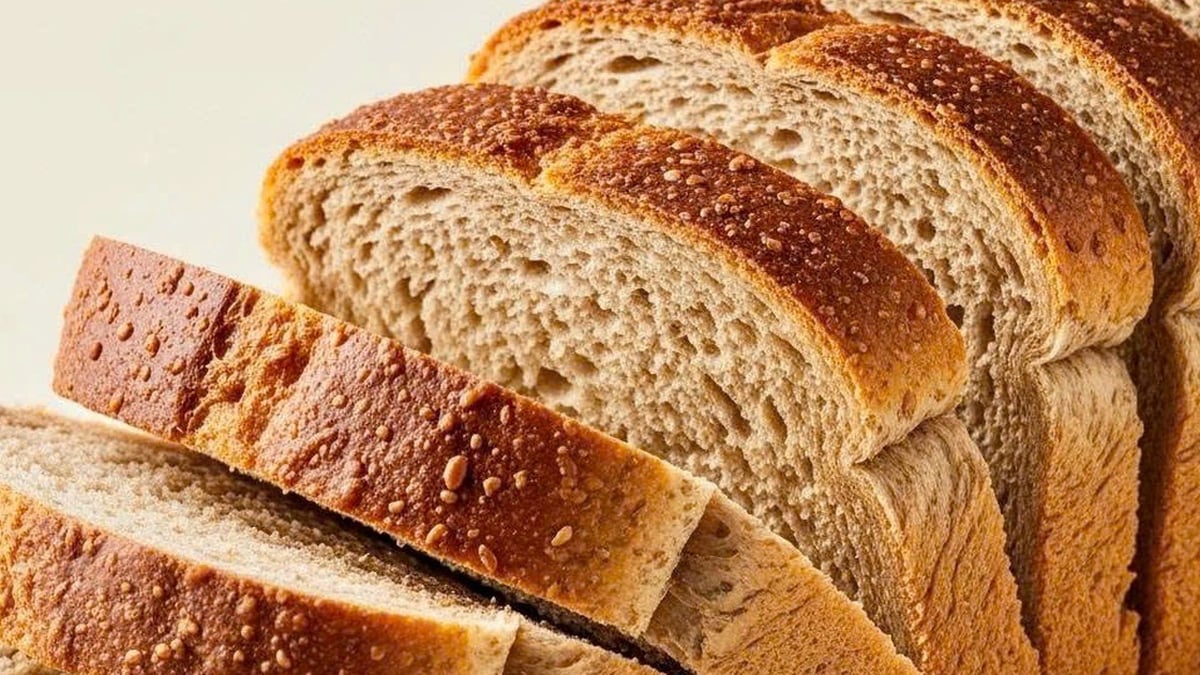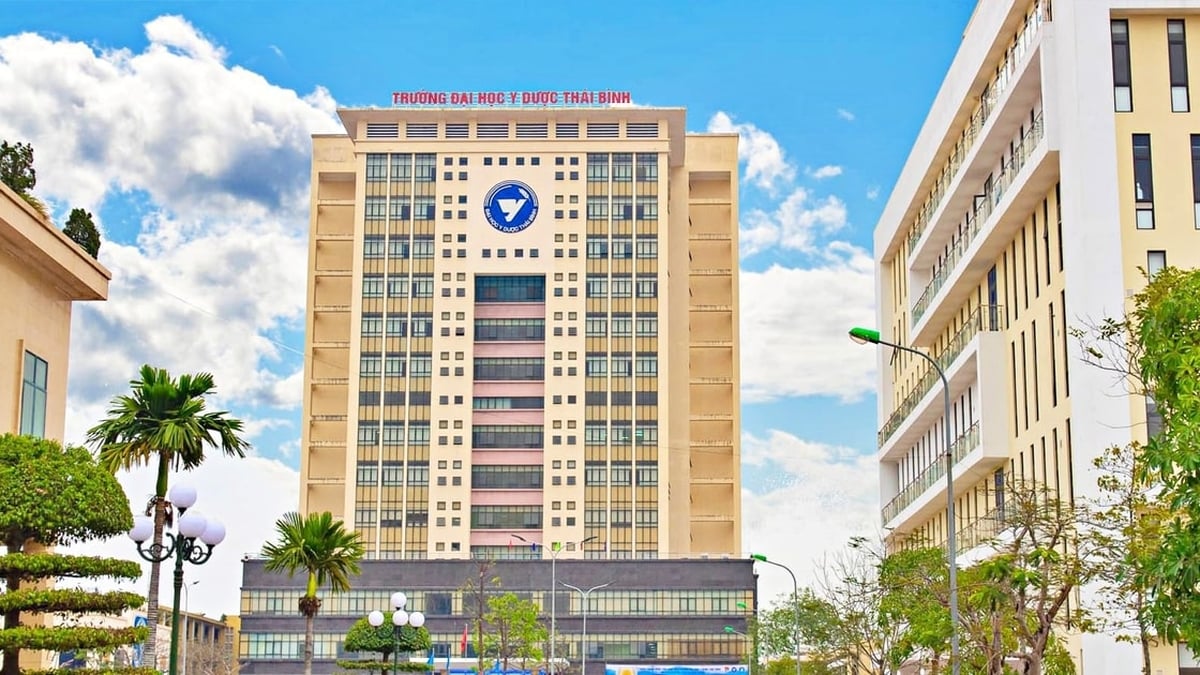Three months ago, US Vice President Kamala Harris stepped onto the stage, took the microphone, and delivered a speech that would shape both her past and her future.
A day earlier, US President Joe Biden decided to suspend his re-election bid and endorse Kamala Harris to succeed him as the Democratic presidential candidate. In just a short time, Kamala Harris quickly seized the opportunity. Aspiring to become the first woman to lead the United States, her presidential campaign energized liberal voters and raised a record $671 million in two months, nearly three times what her Republican rival, former President Donald Trump, attracted. However, her journey to the pinnacle of power was fraught with difficulties. Here are the major milestones in Harris's career, the events that shaped her life and how this female politician became the first female presidential candidate of Asian descent. Becoming the US Vice President According to the BBC, Harris first ran for US President five years ago. She began her career as an Alameda County prosecutor and from 2004 to 2011 was the top prosecutor in San Francisco. She was then promoted to California attorney general, becoming the first woman and first person of color elected attorney general in the most populous state in the United States. Harris used that momentum to launch a successful 2016 campaign as a senator. But her 2020 presidential bid fizzled as she struggled to articulate her ideology and policy platform. Her campaign ended in less than a year, and it was Joe Biden who thrust the 59-year-old Asian American back into the spotlight by making her his running mate. Gil Duran, Harris’s former communications director, called it a reversal of fortune. In 2021, Ms. Harris made history in American politics when she became the first woman to serve as Vice President. Ms. Harris is also the first woman of color and South Asian descent to hold the position. Notable achievements Ms. Harris has focused on several key initiatives during her time in the White House and played a key role in many of the accomplishments of President Joe Biden's administration. She set a new record for the most tie-breaking votes cast by a Vice President in Senate history, helping pass the Deflation Relief and American Rescue Plan Act, which provided Covid-era stimulus payments and other relief measures. More recently, Ms. Harris has been the face of the administration highlighting the harm caused by abortion bans, after the Supreme Court overturns Roe v. Wade, a half-century-old precedent guaranteeing abortion rights, in 2022. In her keynote speech at the Democratic National Convention, the biggest speech of her career, Ms. Harris criticized Mr. Trump and Republicans for their unpopular efforts to restrict abortion rights across the country. Kamala Harris's background Ms. Kamala Harris was born on October 20, 1964, in Oakland, California, to a Jamaican father and an Indian mother. Both of her parents were immigrants and respected in their fields. Her mother was a breast cancer scientist and her father was an economics professor. They divorced when Ms. Harris was 7, and she and her sister were raised by her mother in Berkeley. Kamala Harris often tells the story of how her mother taught her never to complain about injustice but to take action. "My mother knew she was raising two black daughters. She was determined to make sure we grew up to be confident and proud black women." Harris' biracial background and upbringing may make her more accessible and appealing to a wider audience of Americans. Areas with rapidly changing demographics — enough to change the political landscape of a region — see her as an aspirational symbol. Kamala "Momala," the history-maker In 2014, then-Senator Kamala Harris married attorney Doug Emhoff and became a stepmother to his two children, Cole and Ella. In 2019, she wrote an article for Elle magazine about her experience as a stepmother and revealed the name that would later become the headline of many articles. "When Doug and I got married, Cole, Ella and I agreed that we didn't like the term stepmother. Instead, it was Momala." Emhoff and her children Cole and Ella became key figures at the 2024 Democratic National Convention. They took to the stage to honor Harris and what they called their "big, beautiful family." Many believe that Kamala Harris should be seen and recognized as the successor to generations of black female activists. Nadia Brown, associate professor of political science and African-American studies at Purdue University, told the BBC that Harris should follow in the footsteps of Fannie Lou Hamer, Ella Baker and Septima Clark, among others.
Vietnamnet.vn
Source: https://vietnamnet.vn/nhin-lai-dau-an-cua-ba-kamala-harris-2338577.html
































































































Comment (0)